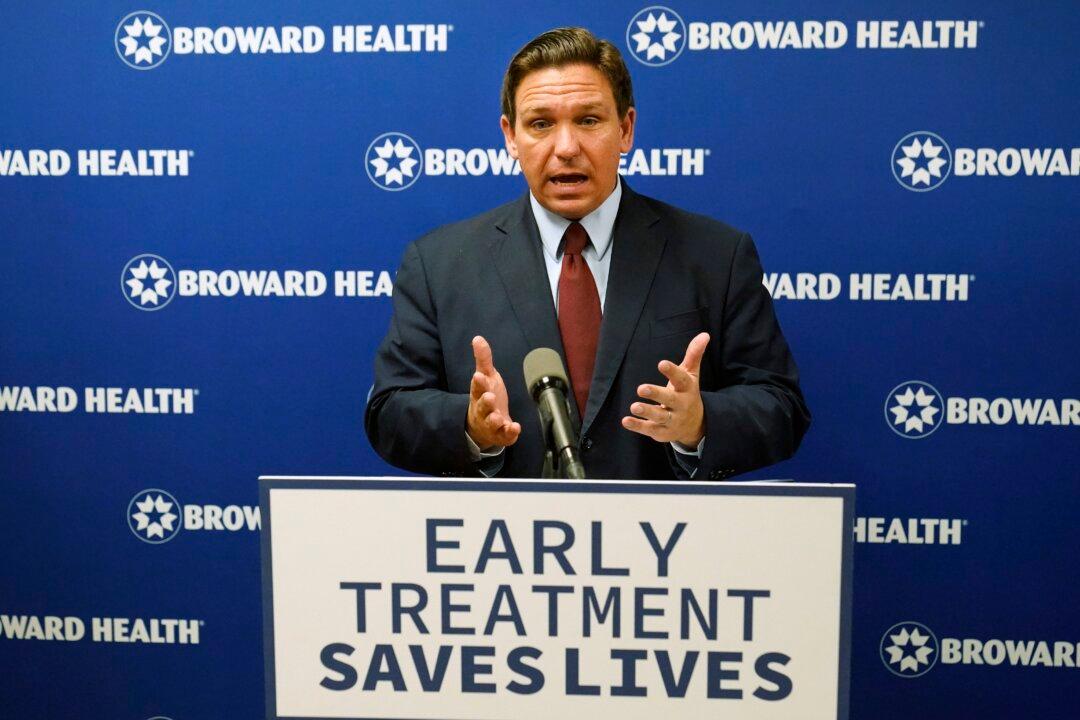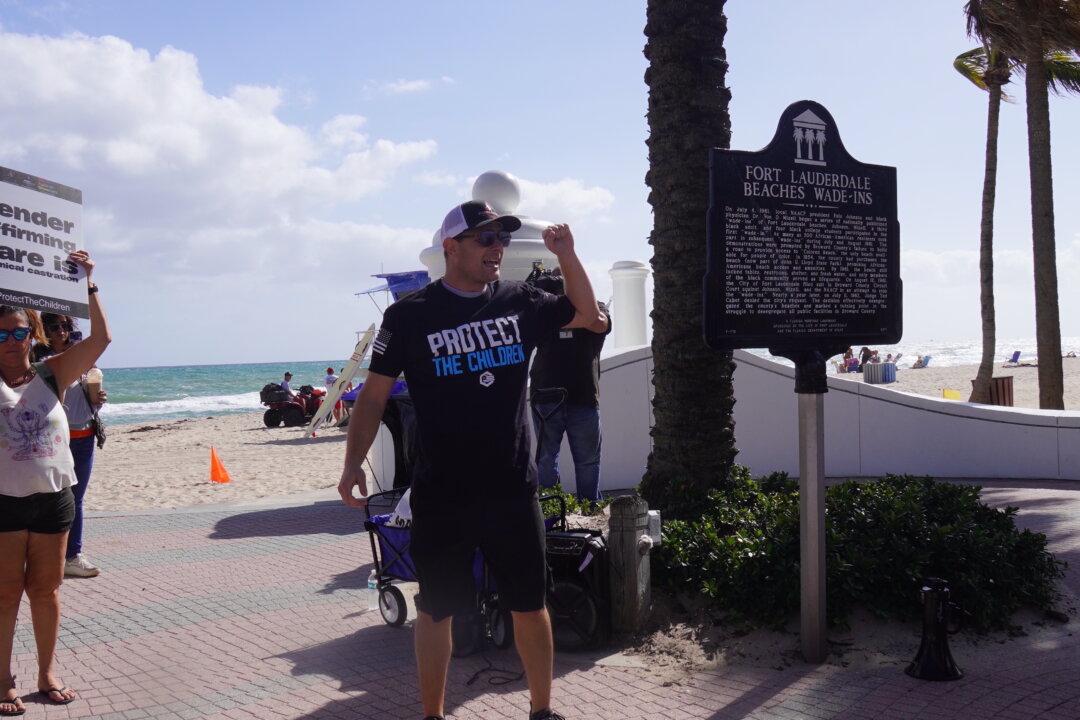PUNTA GORDA, Florida–Florida Gov. Ron DeSantis met with 11 medical professionals in West Palm Beach on March 7 to evaluate the past two years of lockdowns and mandates and their effect on society, at a live virtual event co-hosted by the state surgeon general Dr. Joseph Ladapo.
The panel made up of medical professionals from private practice to academia from all over the U.S. agreed that the past two years of mandates and lockdowns did little to deter the virus, but created a disconnect between the public and the authorities giving out advice and distributing data. The governor took note.




